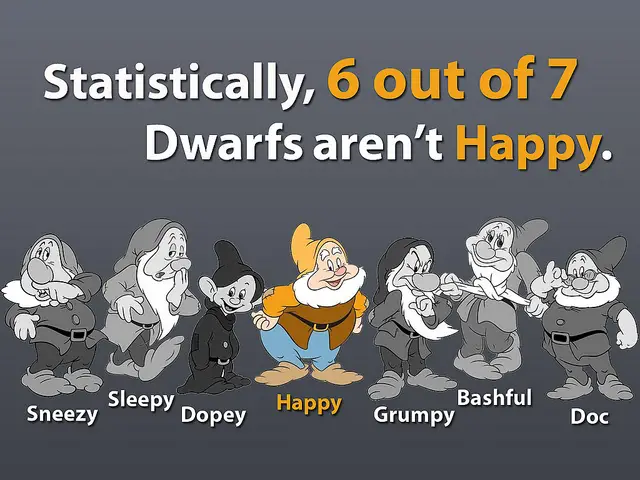Jonathan Dodd’s latest column. Guest opinion articles do not necessarily reflect the views of the publication. Ed
How do you know if you’re happy? Well, that’s obvious. Are you clapping your hands? No? Well, sorry, but you’re not. Or maybe that’s not a good test. Perhaps you’ve been clapping like mad all your life, and just stopping would make you happy. That wind-up monkey madly clashing his cymbals has a smile on his face. But is he happy?
All around us we’re exhorted to ‘be happy’, whether it’s by a talking fish on someone’s wall – ‘Don’t worry, be happy”, or being serenaded by Gene Kelly in the rain. Ken Dodd (no relation) extolled its virtues, Morecambe and Wise were happy under grey skies, and holidays and birthdays and anniversaries are meant to be happy too.
If you find hap, that makes you happy
It’s an odd word, happy. It doesn’t sound like a serious thing, but maybe it’s not meant to be serious. Can you be serious and happy at the same time? Can you be seriously happy? I googled it, of course, and it actually comes from an old English word – hap – which means luck. So if you find hap, that makes you happy. Presumably if luck evades you, that makes you unhappy too.
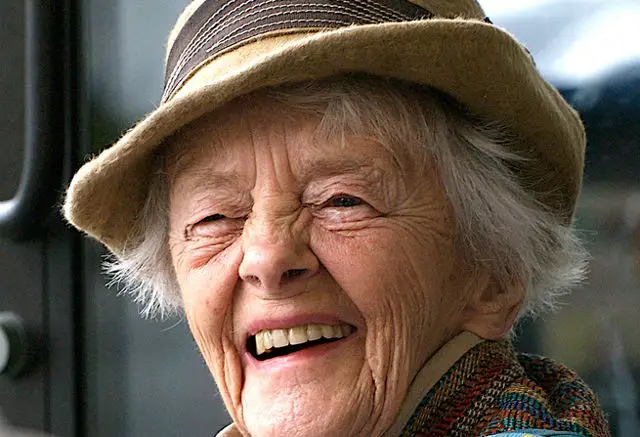
I never thought about happiness being dominated by luck before. I suppose adding the word to something feels like you’re hoping for the best, but not certain it’ll all come out well. It’s a wish for good outcomes. ‘Happy Birthday’, and ‘Happy Retirement’, and ‘Happy Ever After’ strike me as dependent entirely on the circumstances and the outlook of the recipient. We tend to throw it around a lot in our daily lives. ‘You make me happy’, and ‘I’m happy to do the washing up’, and ‘I’m happy that you won the lottery’. And sometimes it’s said in sarcasm rather than joy.
I’m happy (sic) to agree
All my experience tells me that we usually make a fundamental mistake in our assessment of happiness, by tying it in to something else. And we misdefine it. If we say ‘I’ll be happy if my team wins the Cup’, we really mean that we’ll feel a brief sense of euphoria, rather than achieve a state of mind that remains in place despite everything. And that’s the nub of what I’m asking here. Is happiness something that happens spontaneously provided certain events align in the right way, or is it actually something that we make for ourselves independent of outside influences?

I’m happy (sic) to agree that ecstasy or fulfilment or strong emotional reaction are all commonplace and rather good things to experience. Winning a gold medal, or passing an exam, or getting to go on a date with the object of one’s desire are all like this, but I’m not sure that they have a lot to do with happiness. Most people find that these states don’t last very long, and sometimes there can be a corresponding dip in mood afterwards.
You can’t put happiness in a wheelbarrow
We have the world’s most brilliant language, with the largest number of words, but so many of the vital areas of our existence aren’t at all well served by this language. The Inuit have a very large number of words for snow, because it’s important to them, but we have very few words for ‘Love’ or Happiness’, and we just use them willy-nilly.
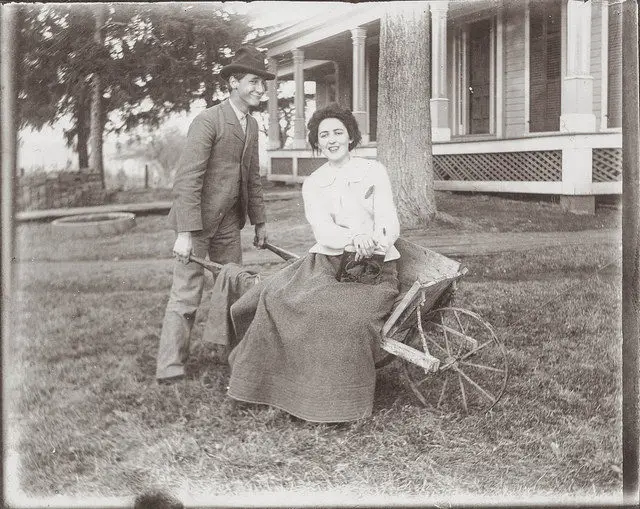
My main contention here is that happiness is an internal state. It doesn’t exist anywhere except inside yourself. There’s no such thing as ‘Happiness’. As I’ve said before in these columns, you know it doesn’t exist because you can’t put it in a wheelbarrow. It’s a state of mind, a sensation you feel, emotionally and physically. That’s not to say that we don’t spend our lives seeking it, it just makes it harder to find, because we can’t apply a test to see if it’s ‘Fool’s Happiness’ instead.
They don’t know whether their leg is broken
Let me ask you a question or two. How are you feeling at this moment? And how do you know? You have to answer without saying either ‘Because I do’ or ‘Because I am’. If I were to ask you whether you’re alive or not, you could answer that you are, and if I ask how you know, you could tell me it’s because you were able to read the beginning of this sentence. I can ask you if you’re hungry, and you can tell me you are because your stomach tells you so. The same idea works for warm, and cold, and frightened, because we all have recognisable physical symptoms for them.
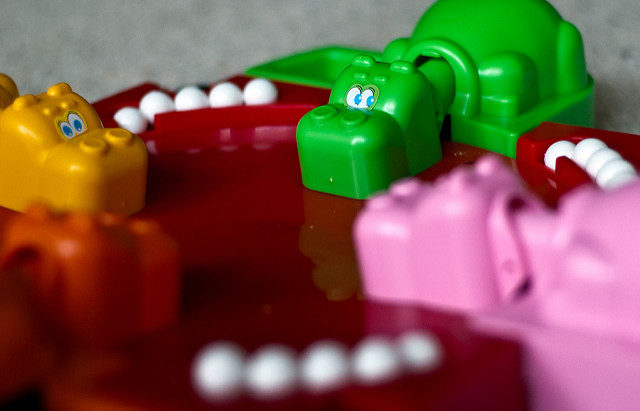
This is all supposed to be very simple, but we complicate it. Pain, for instance, is difficult to define. ‘Yes, because my leg is broken’, is easy. ‘Yes, I have a terrible headache or backache’ is harder, without climbing inside your head. There are some people who are born without pain nerves. It’s called congenital analgesia. They don’t know whether their leg is broken or their hand is being burnt, because they aren’t getting the messages. That’s very scary.
If only we had a nice simple signal to rely on
Happy, though, is almost impossible to define or judge, and that’s because we’ve never really thought about it. So do we know when we’re happy? We think we do, although there are lots of times when we say we’re happy but we aren’t, and when we don’t think we are, but we realise afterwards that we were then. If only we had a nice simple signal to rely on.
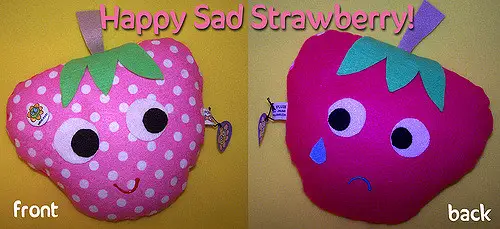
We have the same problem with love. There are so many varieties of love, some of which may not actually be love anyway, and the whole thing’s completely confusing. We’re also prone to big up something that feels like it should be love and then make major decisions based on that. I’ve known people to convince themselves that they are in love, even when everyone around them tries to talk them out of it.
You supply your own blinkers
Several years later, and marriage, and children, and other life-changing decisions, it’s as if they suddenly wake up and their opinion of their partner reverses itself. It’s the same phenomenon that causes accountants to quit and become pig-farmers or landscape painters. It’s as if they create a bad dream and finally wake up. When it’s a career, they were probably pressured into taking it up, but with love, you supply your own blinkers.
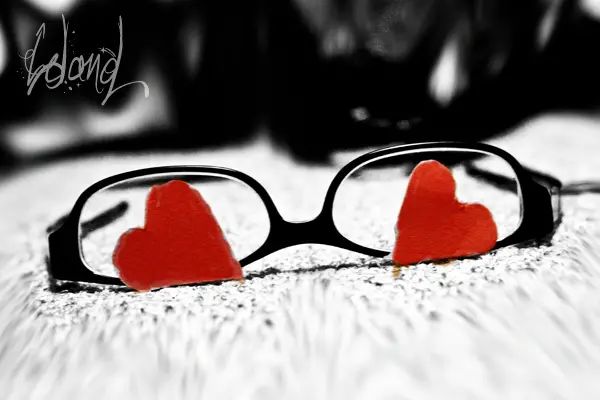
What can we do about this? As usual, I say you need to know yourself. As far as I’m concerned this is something we should be working at all our lives anyway. We need to know when something is real or when we’re conning ourselves, and we need to be brave and honest enough to acknowledge the difference and act on it. We need to realise that this is a lifelong learning curve, and there’s no fool like an old fool, and experience doesn’t necessarily give us wisdom.
You’ll be able to notice what being happy feels like
In fact, wisdom isn’t something that’s given at all. We have to learn from experience, and the way we learn is to be honest when we look back. So if you’re looking for happiness, you have to look back with your wisest eyes, and find a time when you just were happy. We all have those memories, partly because we were children once, and all children are instinctively happy. It takes a lot of harsh lessons to beat it out of them.
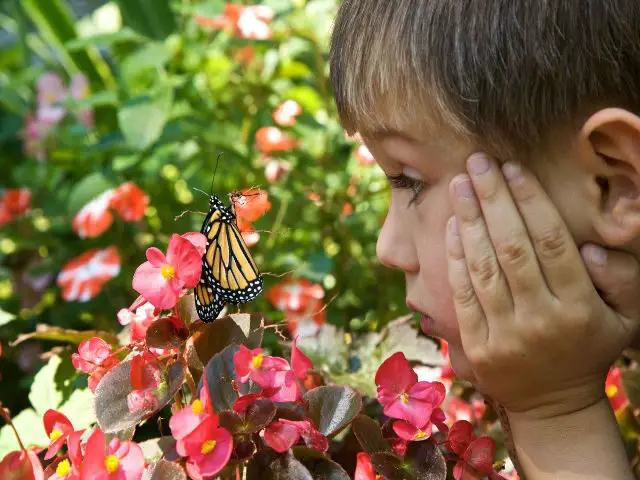
If you look enough, you’ll be able to remember a time when you were actually happy. Not connected to an event or a triumph, just happy. Just being happy. If you can find that memory, you’ll also find the memory of how it felt. That’s what happiness feels like. If you remember that, you’ll be able to compare. And you’ll be able to notice what being happy feels like when it happens. Instead of running round trying to catch it, you might start to notice when it happens. And you might be surprised how often it does.
Other states of mind are available, but I know which I prefer
I never understood why we feel the need to eradicate all of our childishness in order to think of ourselves as adults. Why can’t we have both? It’s the same for happiness. When it’s real it’s not dependent on what’s happening outside or even inside you.

We all know people who are miserable despite having everything. And we’ve all met people who stay happy regardless. We can learn to recognise happiness and make it a habit. Other states of mind are available, but I know which I prefer.
If you have been, thank you for reading this.
Image: andrewtarvin under CC BY 2.0
Image: Patrick Doheny under CC BY 2.0
Image: skeeze under CC BY 2.0
Image: simpleinsomnia under CC BY 2.0
Image: carbonnyc under CC BY 2.0
Image: jelene under CC BY 2.0
Image: lel4nd under CC BY 2.0
Image: Hagerty Ryan, U.S. Fish and Wildlife Service under CC BY 2.0
Image: snapes-true-love under CC BY 2.0

